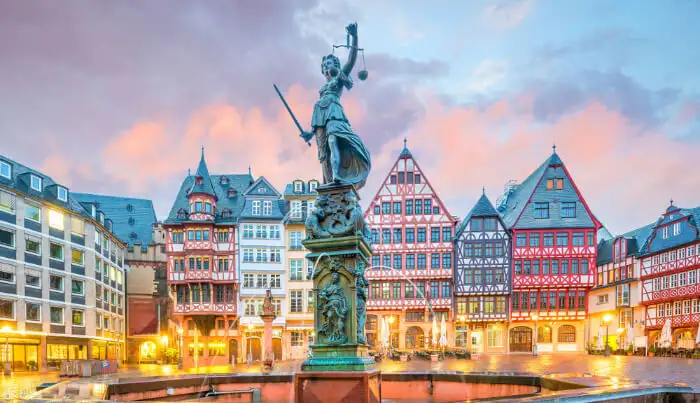Updates:Medwin Overseas Welcomes Students for Travel as of Oct, 2023... Read More
- Coimbatore
- medwinoverseaseducation02@gmail.com
- Mon _ Sat: 9.00 am to 6.30 pm
Engineering in Germany - Medwin Overseas Coimbatore | Medwin Overseas Education Coimbatore
- Home
- Engineering in Germany

Our Excellent Features
- Carrier Guidance
- Guid to Find Right Universities Of Their Choice
- Passport
- Admission Process
- VIsa Process
- Accommodation With Good Indian Mess
- Educational Loan Guidance
- Currency Exchange
- Flight Ticket Booking
About Germany

Germany, officially Federal Republic of Germany, German Deutschland or Bundesrepublik Deutschland, country of north-central Europe, traversing the continent’s main physical divisions, from the outer ranges of the Alps northward across the varied landscape of the Central German Uplands and then across the North German Plain.One of Europe’s largest countries, Germany encompasses a wide variety of landscapes: the tall, sheer mountains of the south; the sandy, rolling plains of the north; the forested hills of the urbanized west; and the plains of the agricultural east. At the spiritual heart of the country is the magnificent east-central city of Berlin, which rose phoenixlike from the ashes of World War II and now, after decades of partition, is the capital of a reunified Germany, and the Rhine River, which flows northward from Switzerland and is celebrated in visual art, literature, folklore, and song.
- Capital City – Berlin
- Indian Students – 210,000 per year
- Currency – Euro(€)
- Continent – Europe
- Population – 84,432,670
- GDP – $4.309 trillion
- Official Language – German
- Climate -Most of Germany has a temperate climate, ranging from oceanic in the north and west to continental in the east and southeast. Winters range from the cold in the Southern Alps to cool and are generally overcast with limited precipitation, while summers can vary from hot and dry to cool and rainy. The northern regions have prevailing westerly winds that bring in moist air from the North Sea, moderating the temperature and increasing precipitation.
- Area – 357,600 km2

Reason To Study In Germany
- World-class technical education
- About 450 state-accredited Universities
- Many post-graduate course options in English
- No IELTS certification required
- Superior faculty and excellent university infrastructure
- Large international community; affordable living costs
- Numerous scholarship programs offered; 100% scholarships in many universities
- Work part-time for up to 20 hours a week or 120 full days in a year
- More than 60% of current international students work part-time in Germany
- Job-search visa up to 15 months
- Erasmus options to get credits transferred to other universities
Our Facilities Overview

Fully Furnished Hostel Rooms


